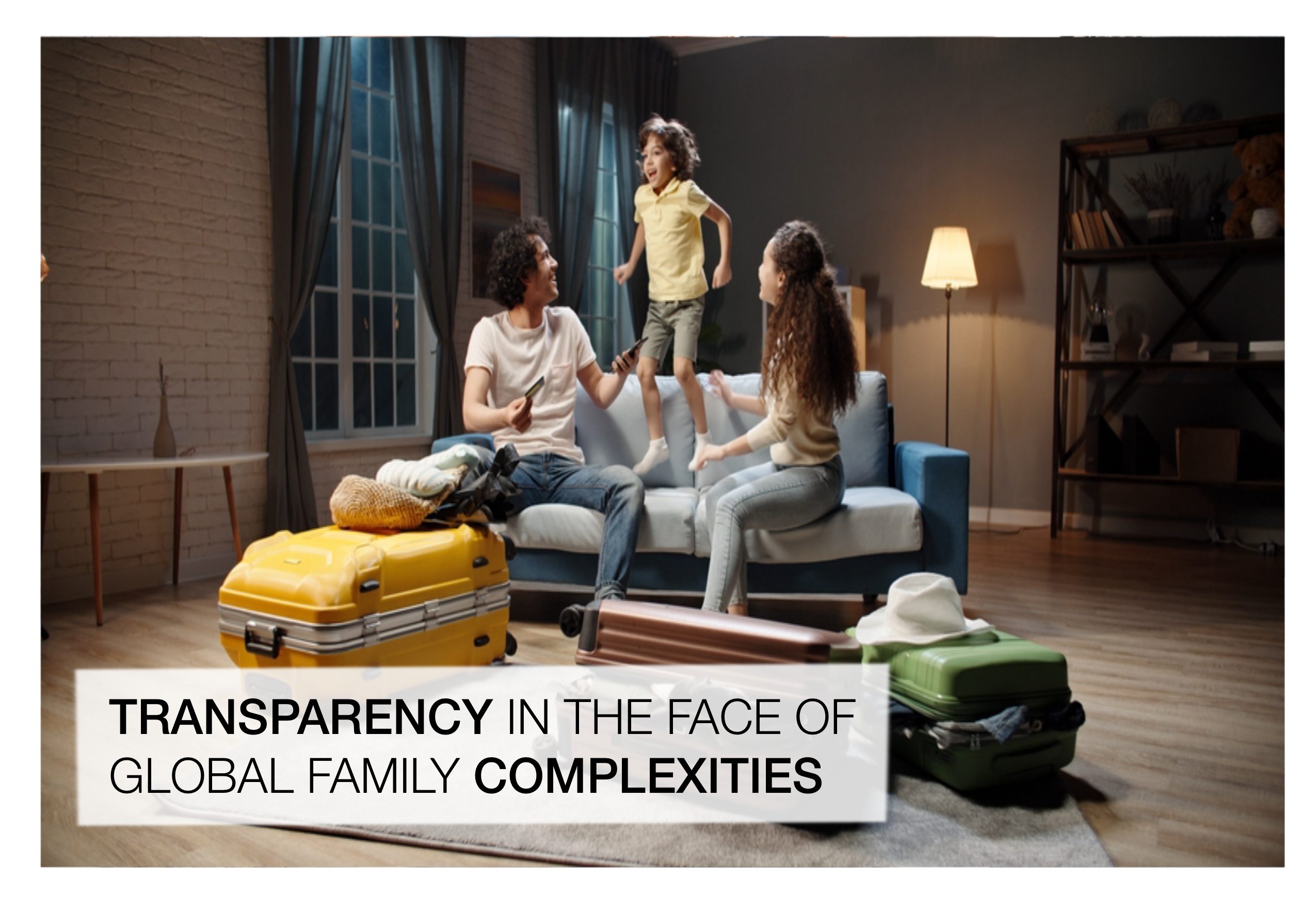Global families face a different reality than most other families do. Many hold passports for more than one country, which may complicate travel and time spent abroad. Adult children who move abroad for their education may need visas, which bring other consequences upon graduation, at which time the graduate may seek employment in the host country or elsewhere.
Here in South Florida, countless foreign executives have come to Miami to open or run businesses. Many bring their families and don’t have dual citizenship, however, and they may need to leave to maintain their entry status. This could impact their children, should they decide to remain in the US after age 21 and it may impact their ability to seek employment.
Those who choose to relocate to another country, whether for business or lifestyle, or to escape political, social or economic strife, face unique financial and tax consequences. This could arise in multiple jurisdictions.
Americans who choose to renounce citizenship may pay upward of 40% in “exit” or expatriation taxes. Canadians will pay close to 50%.
Many with such a presence already know this, thanks to the various forms and filings they’re required to submit. One, the Report of Foreign Bank and Financial Accounts, or FBAR, as it’s known by and criticised in financial circles, is an annual filing on all foreign bank accounts for purposes of IRS reporting and potential taxation, possibly by two or more nations.
Possessions raise other thorny issues. If you buy a pricey piece of art in the U.S. and hang it in your Paris home, if the French authorities become aware of its presence, it may then be subject to French taxation upon the owner’s passing.
For many global families, learning about these and other “cross border” issues often comes when it’s too late to pre-plan. They haven’t told their bankers, financial advisers, or their accountants, who – with some advance notice – could have offered some ideas for otherwise unforeseen eventualities.
When dealing with domicile, possessions or tax planning, global families must be fully transparent.
If you have multiple passports and you die, your family or heirs will have to declare your death in each country. If the names on each passport or visa are different, especially for those whose names might have been changed by choice or misspelling on entry – think Ellis Island – or whose name changed upon marriage and whose name is different from the name on the death certificate, good luck authenticating the identity.
Older individuals who immigrated from other countries often face this issue, especially those who fled countries or regions in turmoil and don’t have complete documentation.
If you believe you may face such issues, it’s never too late to address them. Sit with a trust and estate attorney to review your legal name, in all its forms and variations. Begin the process of petitioning the courts to ensure your legal name is aligned in the different jurisdictions.
Visit with your wealth planner or financial advisor. Document every asset you hold, from investments, cash and trusts, to properties, art, antiquities and other possessions, as we had mentioned in a prior article. How are the trusts named? If you’re the benefactor, will the name on the document need to be changed? It can be especially challenging if the trust is irrevocable.
If you need some assistance reviewing your cross-border status, from passports and visas, to domicile, possessions and other considerations, let’s talk. I’ve counselled families on this. What’s more, my own global family has a long history of cross-border migration, from the Middle East to Europe and America, laden with all the complexities discussed here. These are realities we continue to manage today to help ensure the next generation has as little complexity as possible.

Leave A Comment